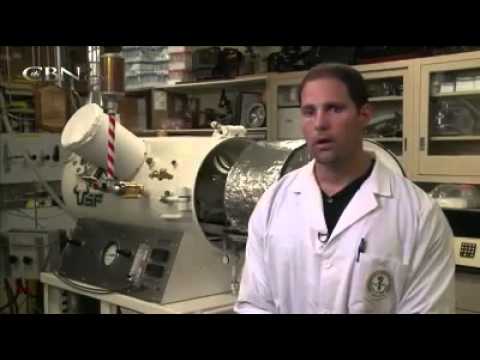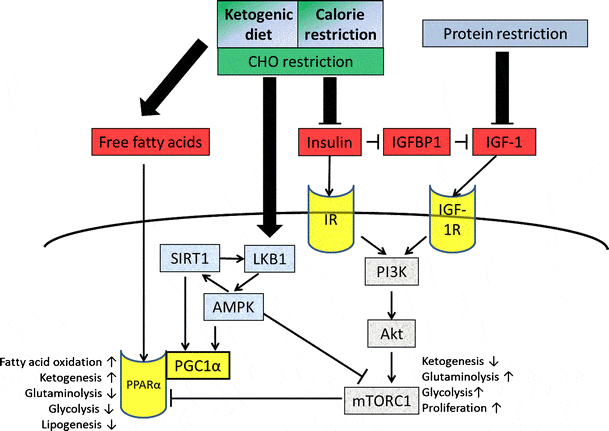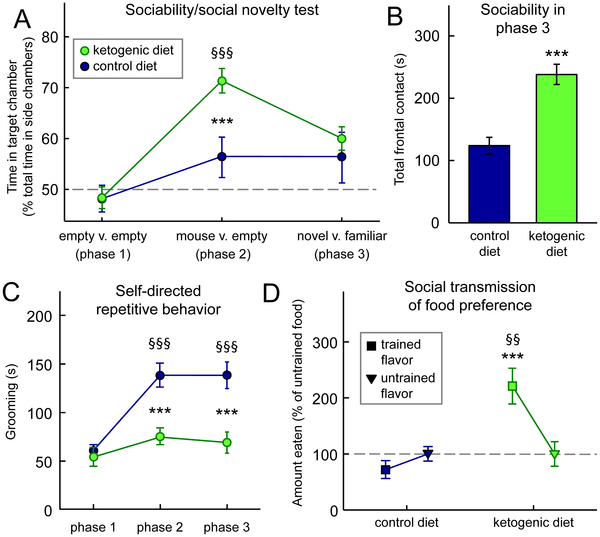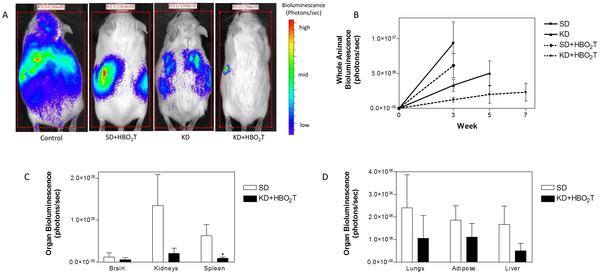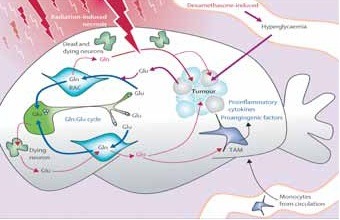One of the most exciting areas of research we have covered here at Health Impact News the past year has been regarding the high-fat ketogenic diet and how it can cure cancer.
The ketogenic diet is not new. This high-fat low-carb diet was developed at John Hopkins Hospital in the 1920s for children suffering from epilepsy. They found that children who did not respond well to anti-seizure drugs often became seizure free after following a strict ketogenic diet.
The diet is named after "ketones", which are an alternate source of energy supplied to the brain when the body reaches a state of "ketosis". One can generally reach a state of ketosis by fasting from all foods, but you can also experience the effects of ketosis by eating a diet high in fats with very few carbohydrates, limiting insulin production. Coconut oil is one the best fats to use in a ketogenic diet, as it leads to more rapid ketosis.
Research shows the ketogenic diet literally starves cancer cells. This fact is becoming widely known, even in the medical community, as they look for ways to develop drugs to mimic the effects of the ketogenic diet. One of the reasons they want to develop drugs to replace the diet, is because the diet can be so "restrictive", and it is very difficult to break people's addiction to sugar and processed carbs.
One does not have to wait for drugs to be developed, however, to start enjoying the benefits of a ketogenic diet. People who are following a ketogenic diet are beating cancer, reversing Alzheimer's disease, stopping seizures, beating diabetes, losing weight, and much more.
In this video, Joe Mancaruso explains how he beat stage 4 lung cancer with a ketogenic diet, exercise, and positive living. He was given 6 months to live by the doctors, who wanted to put him on chemotherapy. Joe was already a survivor of testicular cancer from 1985. Since he supposedly only had 6 months to live, he decided he wanted a better quality of life during those 6 months than he would have had on chemotherapy and refused the drugs. Today, he is cancer free.










